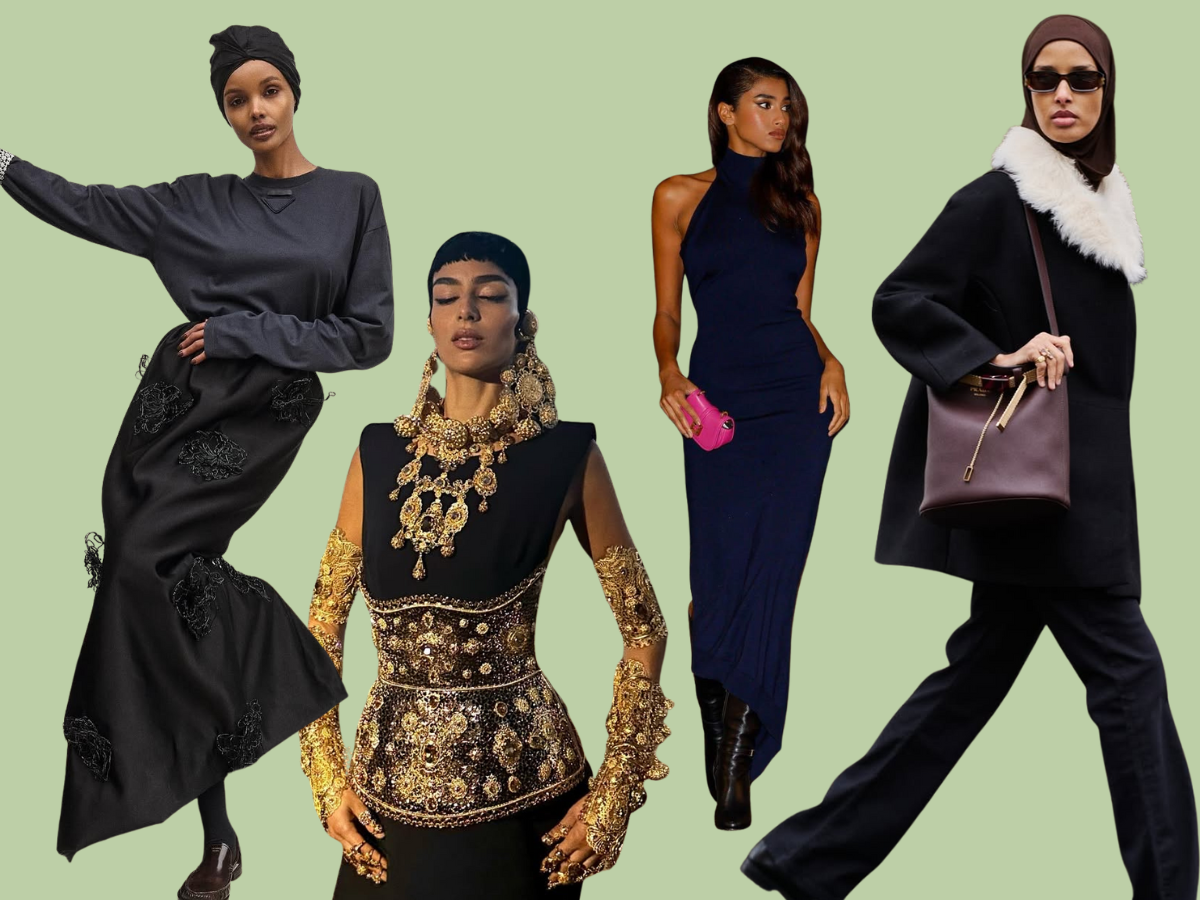Dunya aka the material world got you in a chokehold? You want the latest Charlotte Tilbury matte blur foundation, that baby pink abaya, and maybe a weeklong escape to Euro with your girls. But then the guilt creeps in. You’re anti-capitalist, but still want to marry a provider. You’re praying Fajr, but also manifesting a Cartier love ring. You’re constantly negotiating honouring faith, trying to be financially secure, and not losing yourself in the sauce.
Existing as a woman is already complex. Existing as a Muslim woman, even more so. Muslim girls are constantly policed, constricted, shamed, and questioned for what they wear, how they spend, what they aspire to, and whether they’re “doing too much.” The pressure of managing finances, juggling internal guilt, societal expectations, and navigating a financial system never built with them in mind can take a toll.
But here’s the truth: Muslimahs deserve freedom. And if that freedom includes praying on a yacht in halal Dior swimwear? InshAllah babes. Because striving for a life of abundance doesn’t make you less spiritual — it just means you’re reclaiming your rizq (wealth) with intention.
As part of the ‘Ask a Muslim Girl’ column, Cosmopolitan Middle East sat down with financial educator Malak Kudaimi, who teaches Muslim women how to manage money with confidence, invest in halal ways, and protect themselves financially in relationships. She’s helping a generation of Muslim girls reframe wealth as a source of barakah (blessings), not shame.
Cosmo ME: What are best money management practices you recommend for Muslim women?
Malak: First, track your spending monthly—you can’t improve what you don’t understand. Second, invest consistently, even if it’s just $100 a month. Long-term investing is how you reach big goals like Hajj, buying a home, or retiring early. Third, keep your own savings, even if you’re married. Islamically, your money is your own, and having your own financial foundation gives you peace of mind and options.
Cosmo ME: How can Muslim women spiritually regulate themselves if they become overwhelmed with finances?
Malak: When money feels heavy, return to the understanding that barakah is real rizq. Rizq isn’t just about the number in your bank account—it’s how far that number can take you. Focus on actions that increase barakah in your life: make istighfar (forgiveness prayer) regularly, give sadaqah (charity) even if it’s small, and ask Allah to bless and expand what you have. Provision comes from Him, not the hustle.
Cosmo ME: How can reframing money affect Muslim women?
Malak: Wanting financial security doesn’t make you materialistic. Islam encourages wealth with purpose. Whether you want to support your family, give more generously, or prepare for the future, money is a tool—and Muslim women deserve to feel confident using it.
Just getting started with Islam? We gotchu.

